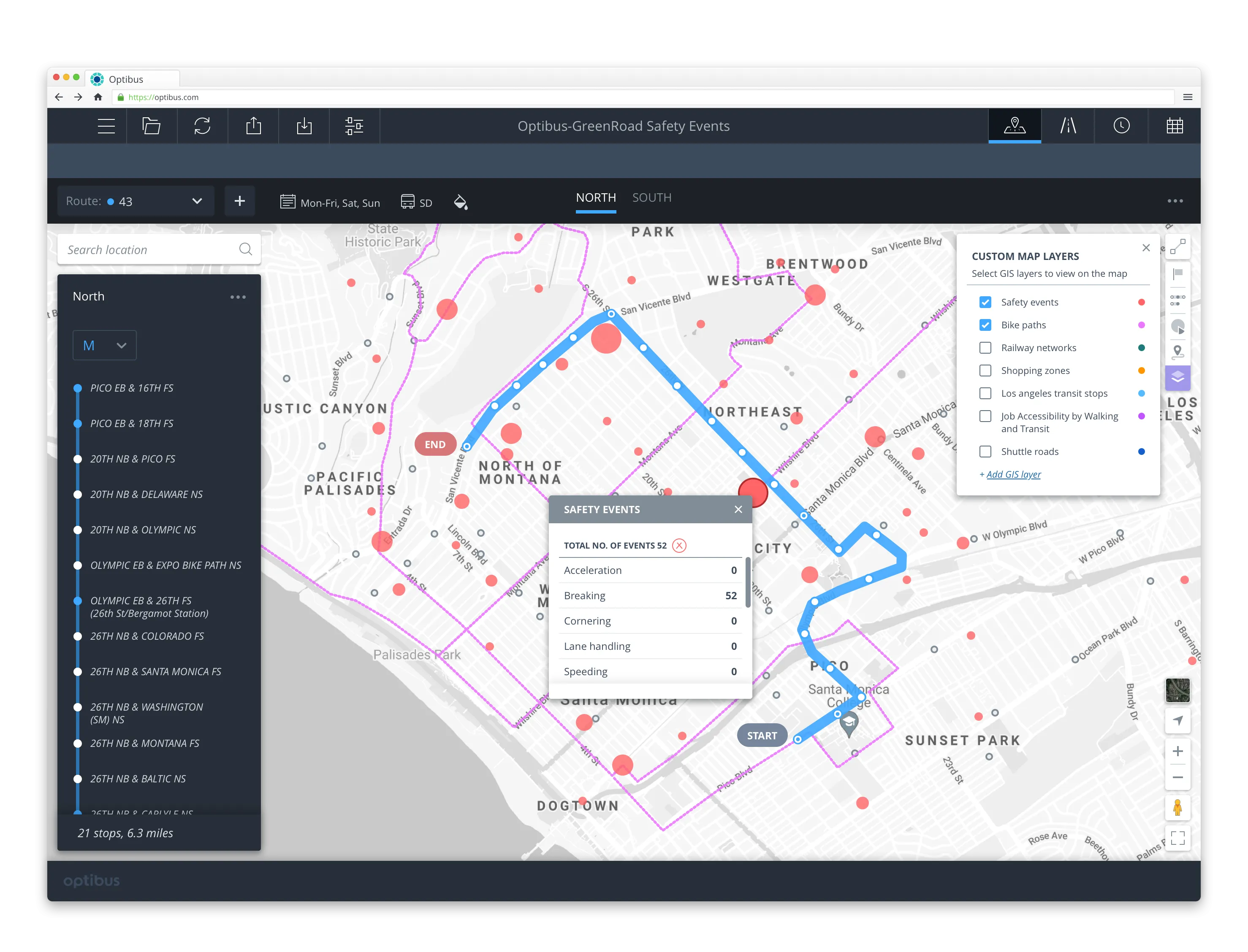
Autonomous vehicle software specialist Beep has launched AutonomOS, a platform for public transit operators and Mobility as a Service companies to integrate autonomous mobility services rapidly and seamlessly into their solutions.
AutonomOS is an autonomous vehicle-agnostic solution designed to deliver safe, scalable, cost-effective multi-passenger autonomous mobility services. It deploys and manages autonomous passenger services either as a standalone solution or with integration into multimodal operations.
The solution provides a unified view of service performance, fleet health and on-road operations. Governance tools ensure mission compliance and passenger safety. Beep says that its service optimisation features integrate service performance, smart city infrastructure and ridership data to dynamically drive service efficiency, optimise passenger experience and maximise ridership across the system.
Key features include service definition and planning functions support for a variety of service modes, from fixed route to demand-responsive variants. There is in-cabin monitoring that enables rapid response by remote supervisors in the event of a passenger safety or roadway issue. It is compatible with data standards including GTFS (General Transit Feed Specification), and GTFS-RT.
Delivered as a Software as a Service offering, Beep says AutonomOS is built to enterprise-grade levels of scalability, performance and information security. The platform provides interfaces to seamlessly incorporate an autonomous service into an existing multimodal operation, with integrations and APIs available for leading fleet management and operations platforms, and the ability to extend route and service visibility into third-party booking and journey planning platforms.
“Autonomous vehicles are capable of safely navigating our streets from waypoint to waypoint, but lack the concepts of mission, service and passenger,” said Joe Moye, chief executive of Beep.
“AutonomOS fills a void in the autonomy landscape by introducing management and orchestration logic enabling the integration of autonomous vehicles into public mobility networks. More importantly, AutonomOS adds an additional layer of functionality to address passenger safety and comfort concerns in advance of fully unattended autonomous deployments.”









